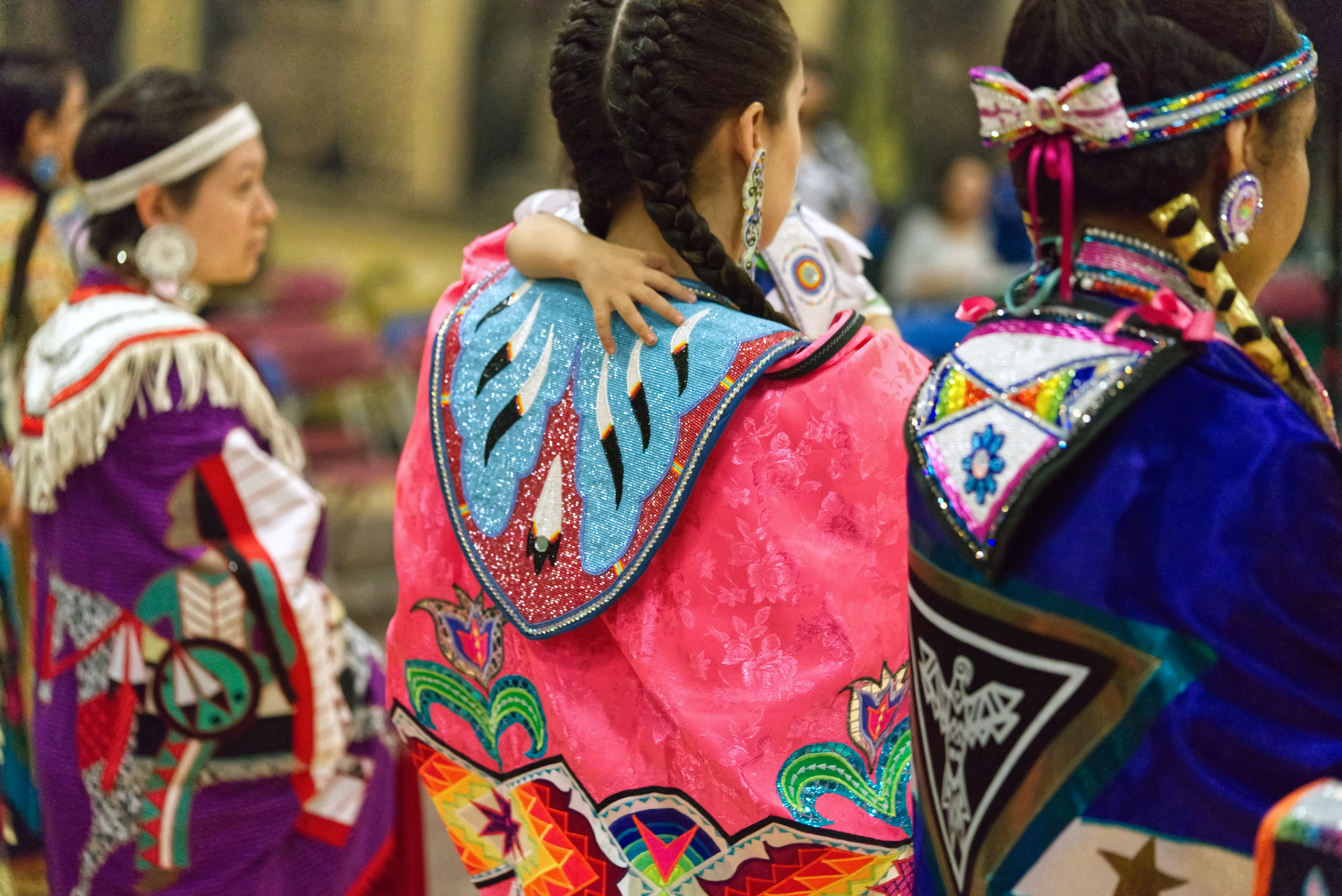
Many Enserva members work closely with Indigenous neighbours, partners and colleagues. As a voice for the energy services industry, Enserva continually looks for opportunities for our members to learn more about developing meaningful and equitable relationships with Indigenous groups.

Enserva representatives and our members are on a journey to learn more about Truth and Reconciliation with Indigenous peoples in Canada, and to understand how to respectfully move forward.
As part of our responsibility in reconciliation, we are working towards our own call to action in the Truth and Reconciliation Commission Report. As outlined in the report, call to action 92 requests that, “we call upon the corporate sector in Canada to adopt the United Nations Declaration on the Rights of Indigenous Peoples as a reconciliation framework and to apply its principles, norms, and standards to corporate policy and core operational activities involving Indigenous peoples and their lands and resources.” At Enserva, we are committed to learning, listening, and understanding. We are also committed to implementing the TRC’s calls to action in our internal policies, on our councils, and in our external work, and together with our members continue on this journey of reconciliation and healing.
Enserva is incredibly grateful to our many Indigenous partners. Canada’s energy services, supply and manufacturing sector is committed to building our relationships with Indigenous communities in the spirit of reconciliation, collaboration and healing. We join them in collectively coming together to reflect on and recognize this terrible stain on our country’s history and move forward in reconciliation.
Enserva values the hard work, conversations, and truths which call for a better future and we are committed to honouring Treaty, tradition, and calls to action. To know our place in building that better future, we rely on source documents including the significant following works:
Truth & Reconciliation Commission of Canada: Calls to Action
Encapsulates the core recommendations put forth by the Truth and Reconciliation Commission, aimed at addressing historical injustices, and promoting healing and reconciliation. It highlights the urgent need for recognition, education and systemic change to foster meaningful reconciliation between Indigenous and non-Indigenous peoples. The Calls to Action advocate for truth seeking, cultural revitalization, and equitable collaboration to build a just and inclusive society.
Read the full report from the Truth & Reconciliation Commission of Canada here.
Reclaiming Power and Place: The Final Report of the National Inquiry into Missing and Murdered Indigenous Women and Girls (MMIWG)
Discusses the importance of culturally safe healing, the need for long-term support, the role of commemoration and calling forth in social change, and the core principles identified for effective support services. It emphasizes the significance of addressing systemic gaps, racism, and discrimination while valuing wellness, integrating Indigenous values, and building trusting relationships. The document highlights the recommendations as a blueprint for action to ensure the safety of Indigenous women, girls, and 2SLGBTQQIA+ people.
113 Pathways to Justice: Recommendations of the Alberta Joint Working Group on Missing and Murdered Indigenous Women and Girls
Highlights the need to address the cultural destructive tendencies impacting Indigenous women, girls. and 2SLGBTQQIA+ individuals in Canada, emphasizes the urgency of coordinated anti-violence initiatives and collaboration with Indigenous communities, and provides recommendations for the Government of Alberta & others to effectively address the issue and demonstrate leadership.
Indigenous Communities and Industrial Camps: Promoting Healthy Communities in Settings of Industrial Change
Examines the gendered impacts of constructing industrial camps in proximity to Indigenous communities, with a focus on preventing violence against women/children and minimizing negative effects on community well-being. It presents findings that highlight the inadequate consideration of assessments and improved service delivery. The report also addresses the connection between industrial camps and historical patterns of violence against Indigenous women, proposing strategies for responsible camp mitigation of violence against Indigenous women, and emphasizing the importance of worker-community relationships.
Enserva is in Treaty 7, in Calgary, Alberta. In the spirit of building relationships, acknowledging truth & better honoring Treaty, we recognize that we gather and work on the traditional territories of the Blackfoot Confederacy (the Siksika, the Kainai, the Piikani), the Tsuut’ina, and the Îyâxe Nakoda Nations, as well as Métis Nation (Region 3). Our members, their operations, and the work of the association occurs throughout Canada. Enserva remains committed to playing our part in moving toward reconciliation.
Comments, Collaboration, and Questions can be sent to info@enserva.ca